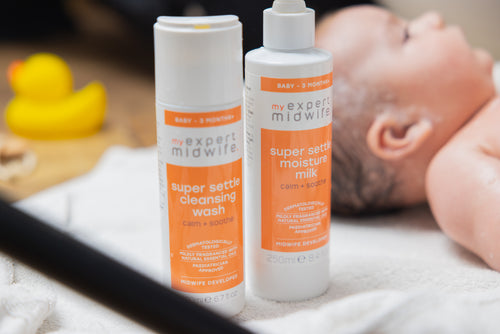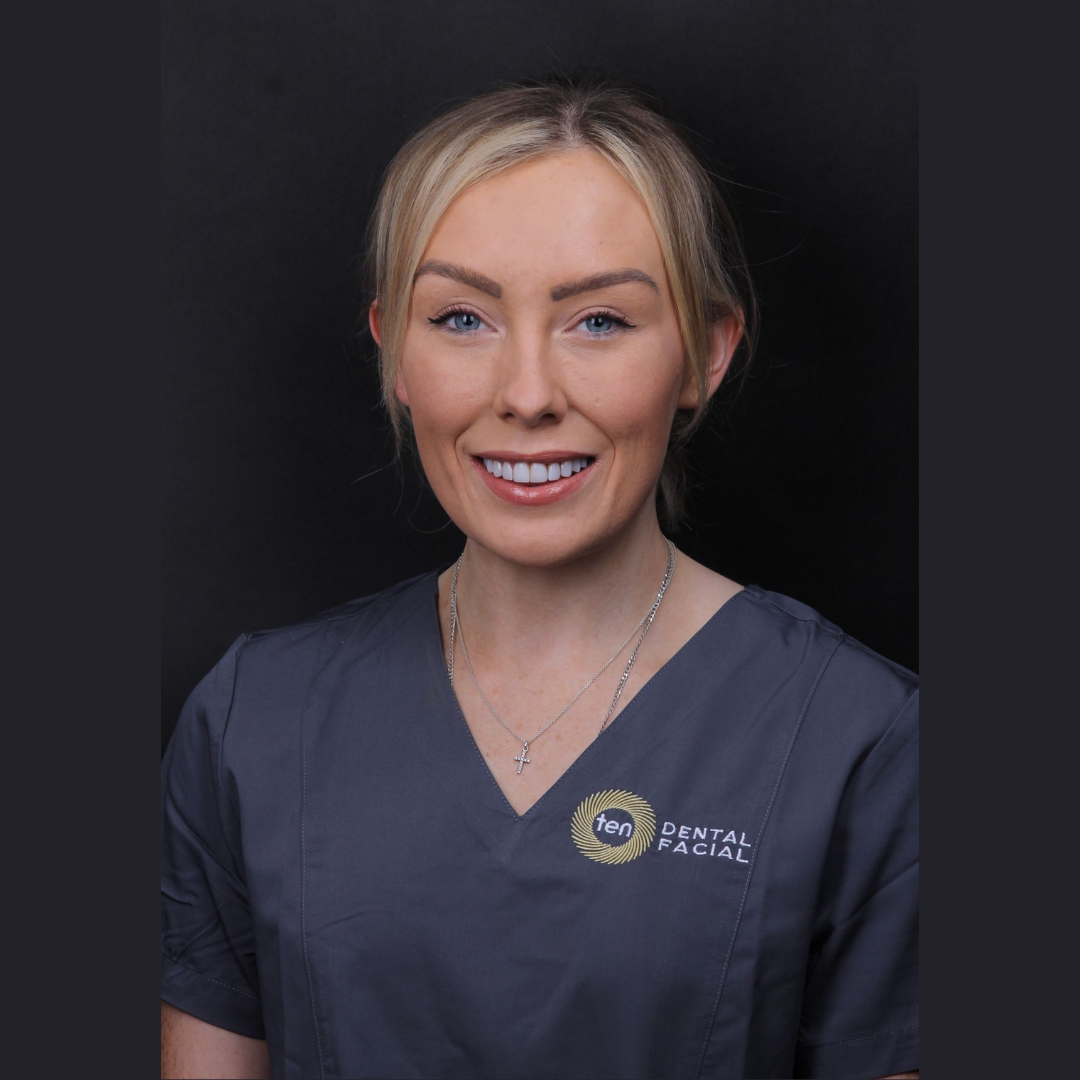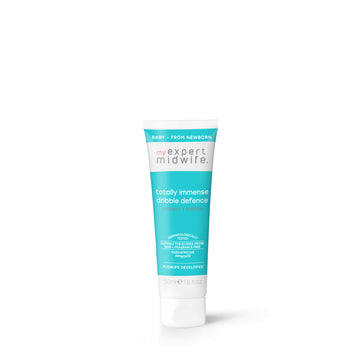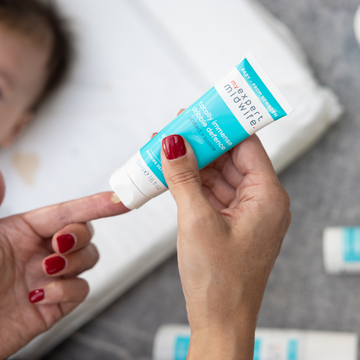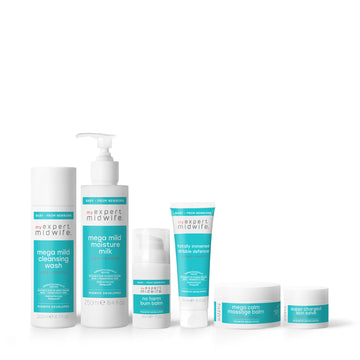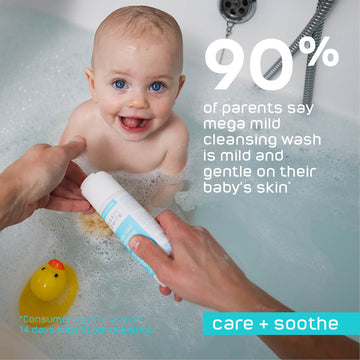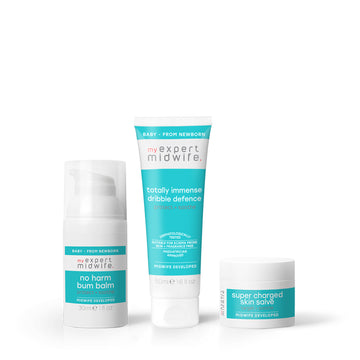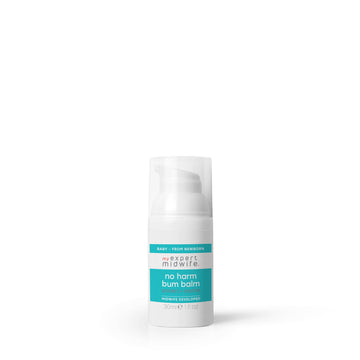The sequence of baby tooth eruption typically follows a pattern with lower central incisors erupting first, followed by upper central incisors, lateral incisors, first molars, canines, and finally second molars. This is dictated by genetics and development.
Evolutionarily, this order likely developed to aid in the transition from a milk to more solid foods. The front teeth (incisors) come in first to bite and cut soft foods, followed by the molars for chewing more tough foods. This allows the child’s diet to change as their nutritional demands change with growth.
When the baby teeth erupt this can cause discomfort as the teeth push through the gum. Babies naturally produce more saliva when teething because this is protective mechanism for the teeth and helps to soothe and lubricate the irritated gums. Additionally, the extra saliva aids in the digestion of foods as babies start transitioning to solid foods. New flavours will also stimulate the production of more saliva in the baby. Coupled with this increase in saliva production, babies have less control of their oral musculature and lower muscle tone therefore are more prone to drooling. Teething can cause discomfort for baby’s and anything that can be done to minimise this while not being detrimental to the baby’s dental health and development is great innovation.
Saliva contains enzymes and naturally has a fluctuant pH, this combined with natural mouth bacteria, lead to skin irritation in babies as they dribble. Using a protective product is a valuable approach to mitigate and prevent such irritation. Additionally, it is advisable to initiate dental care early by brushing your baby's teeth and scheduling their first dental checkup upon the eruption of their first tooth.
Dr Jenni Rawes BChd,MChd,BSc
